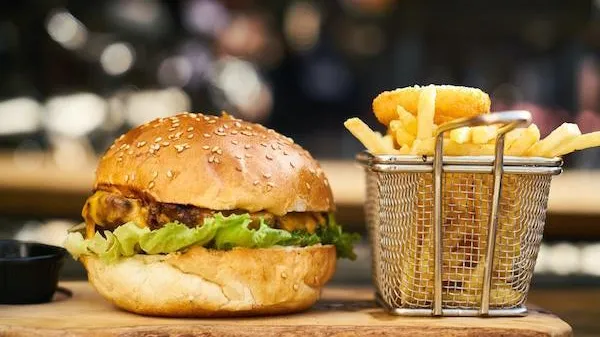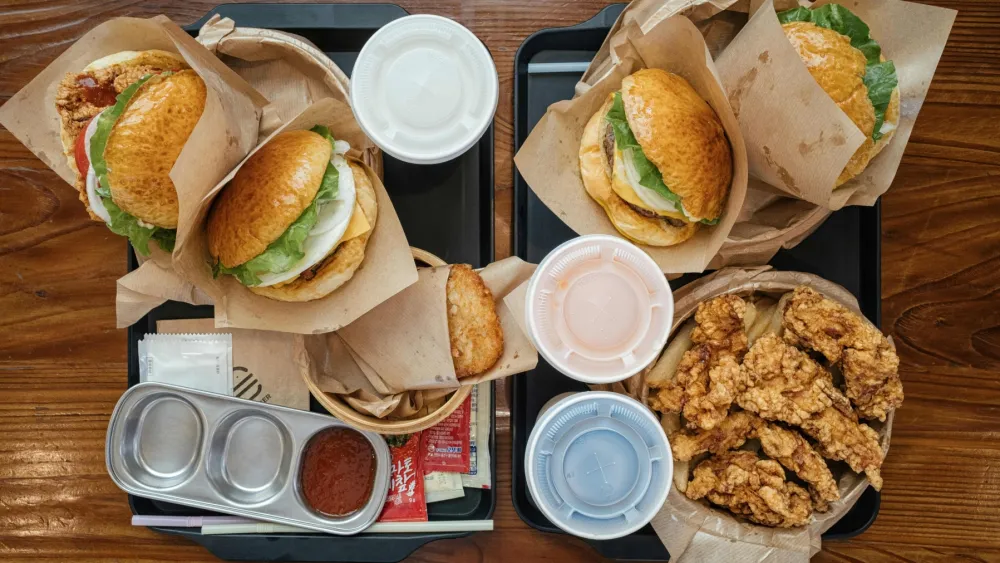
Can chains catch Gen Z's growing appetite for takeaway?
36% of respondents order takeaway or home delivery at least once every week, a new study revealed.
Traditional fast food remains a favorite for Gen Z consumers, with takeaway both for in and out of home consumption being a key channel for the demographic, according to YouthInsight.
The data, exclusively shared to QSR Media, sees 42% of 1,000 respondents aged 14 to 24 eat takeaway food out of home at least once a week.
36% of respondents order takeaway or home delivery at least once every week.
32% eat at a restaurant every week, with nearly three quarters (74%) having eaten at a restaurant in the past four weeks. 70% have also gotten takeaway in the past month.
A significant 81% say they eat takeaway food out of home at least monthly, and 76% eat inside restaurants at least monthly.
McDonald’s and Krispy Kreme are the most preferred brands by the demographic, both of which garnered a 82% “love + like” score. They were followed by KFC (81%), Domino’s (78%) and Subway (77%).
Rounding out the top ten are Boost Juice (76%), Grill’d (74%), Hungry Jack's (74%), Ben & Jerry’s (72%) and Nando’s (70%).
Speaking to QSR Media, YouthInsight research head Cristiano Lima suggested particular opportunities for chains to do in the space to connect with Gen Z.
"The first is a focus on quality. The research shows that almost three quarters (71%) of Gen Z will pay what they need to get good quality products. From consistency in product to locally sourced ingredients, quality can mean different things to different people, so it’s important to be clear about what it means to your brand — as we know that Gen Z also likes brands that speak up about what they believe in," he said.
"The second is diversity. A diverse range of products that is inclusive but also personal speaks well to this generation. Options like halal, vegetarian and gluten free are no longer a nice to have but a necessity. The data suggests brands that meet this brief will win out as they cater to everyone."
Comparing this year’s Top 20 food brands to the 2019 list, Lima noted two sushi companies having increased in the rankings — Sushi Train and Sushi Sushi.
"We know sushi is typically seen as a healthy option when it comes to quick service food, so this change could indicate a growing appetite for healthier options. We also know that ‘freshness’ is of huge importance to this age group," he added.
Brands, Lima said, should also be looking at how they operate as well how their food tastes – from equal employment opportunities, to the charities they support and the marketing efforts they roll out.
"Connection and community are important to young people and play a critical role in driving people in store," he explained.
YouthInsight also has a Top 100 Youth Brands report, which covers Gen Z's sentiment, influences and behaviours across a number of sectors.

























